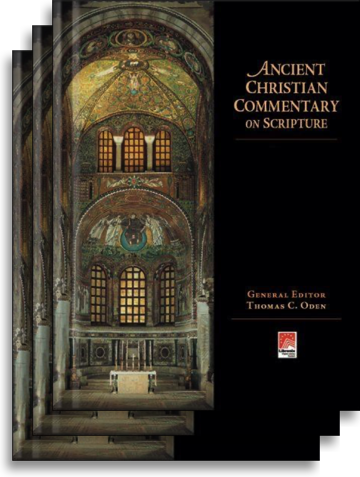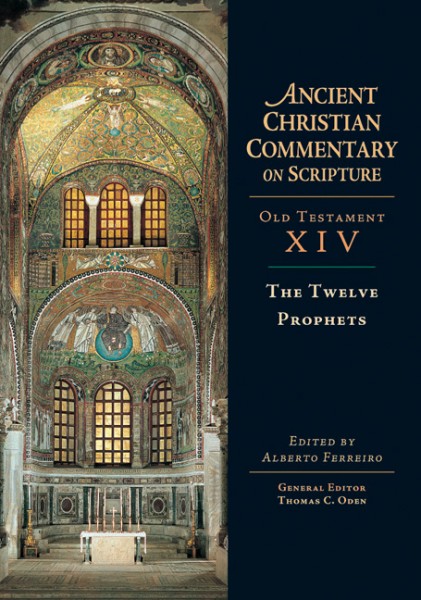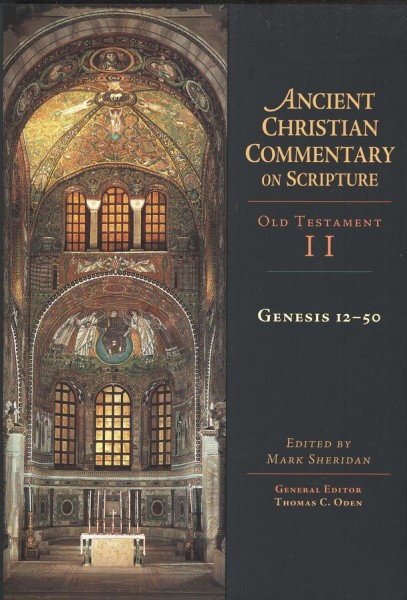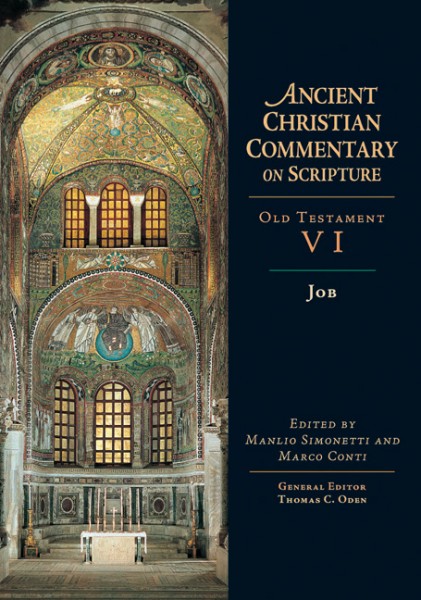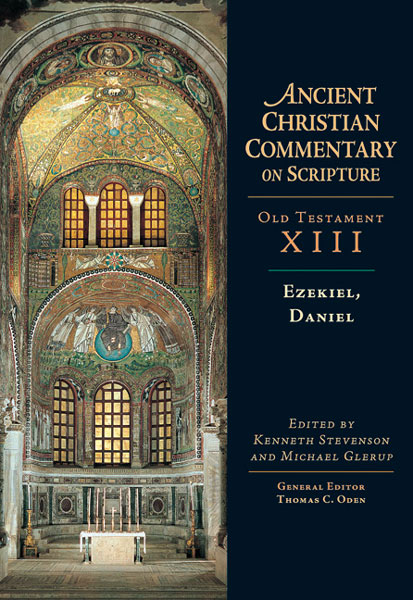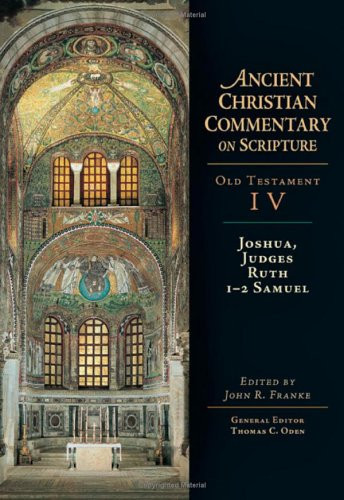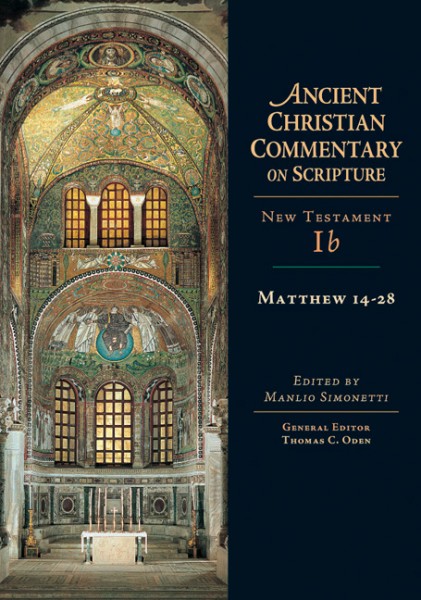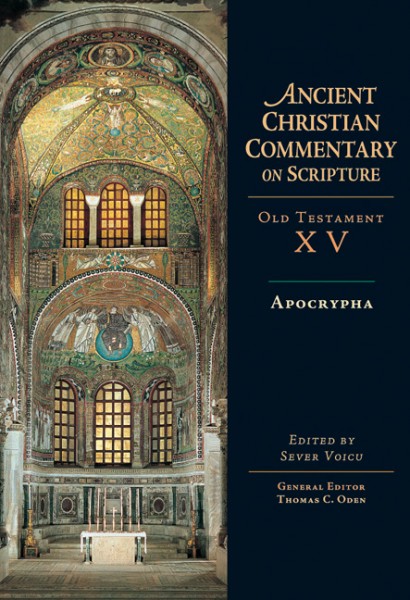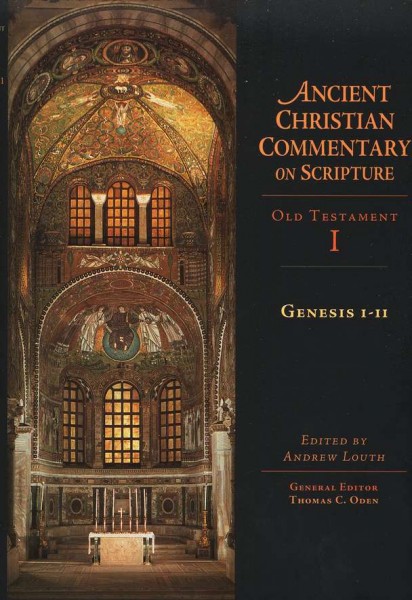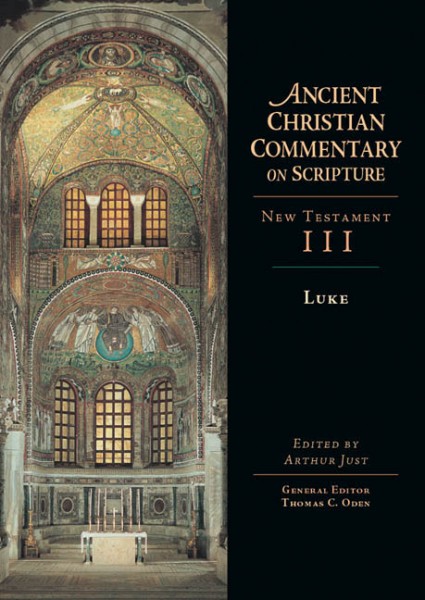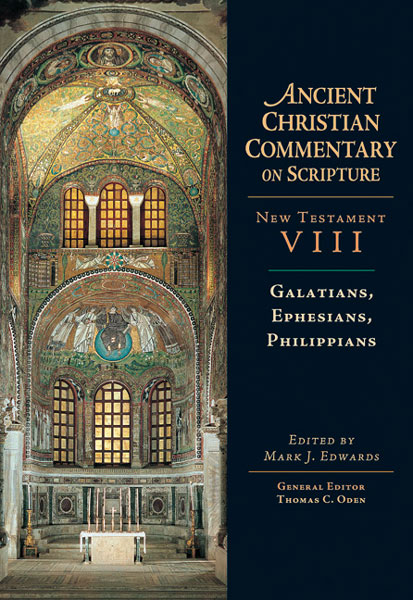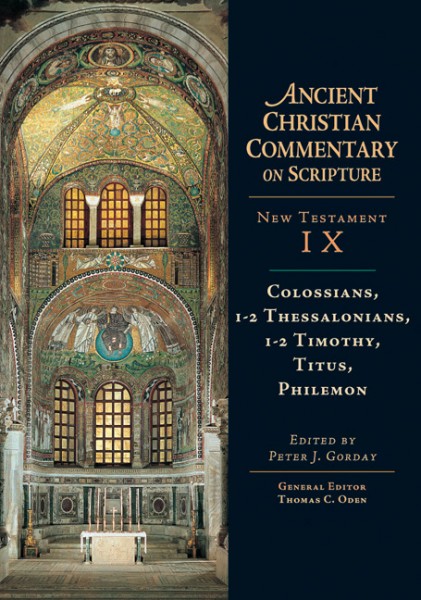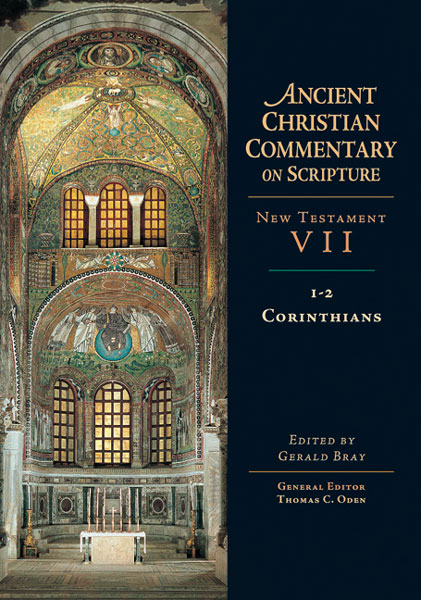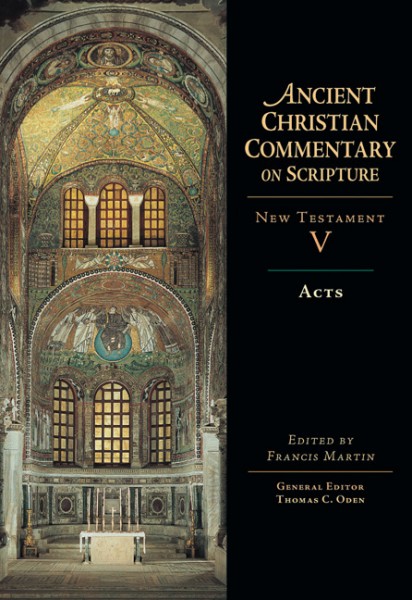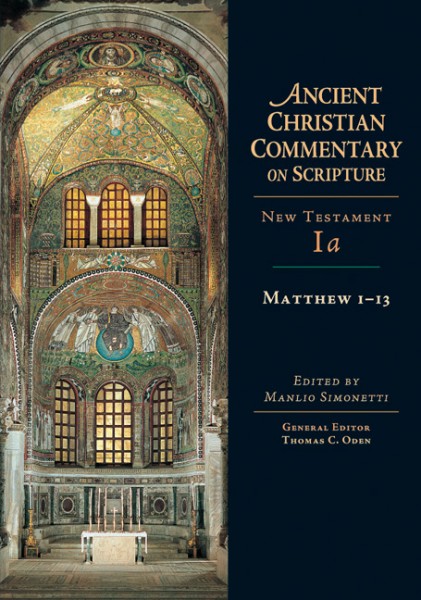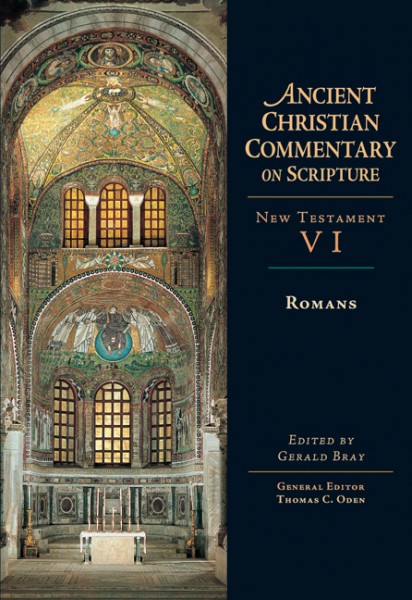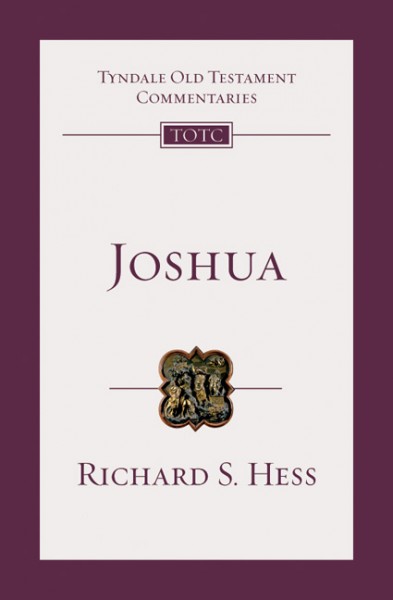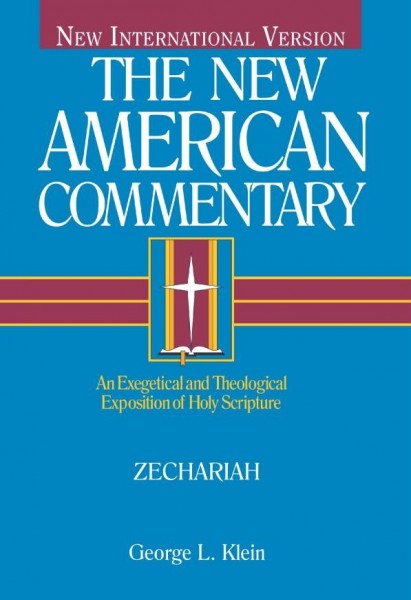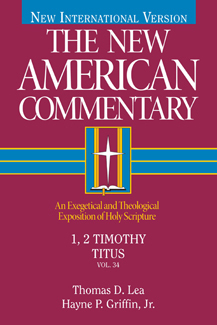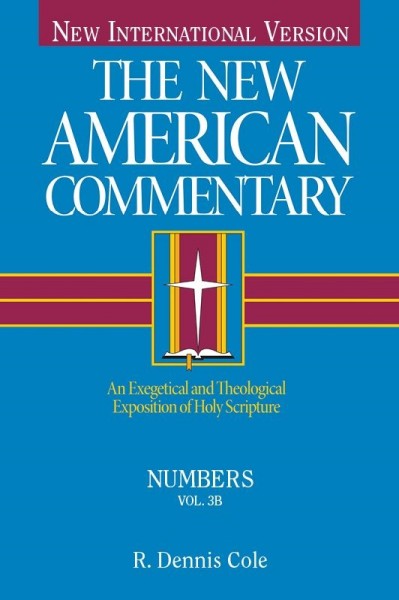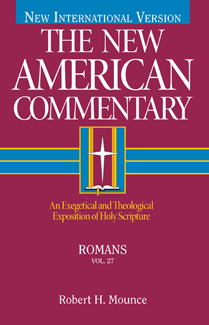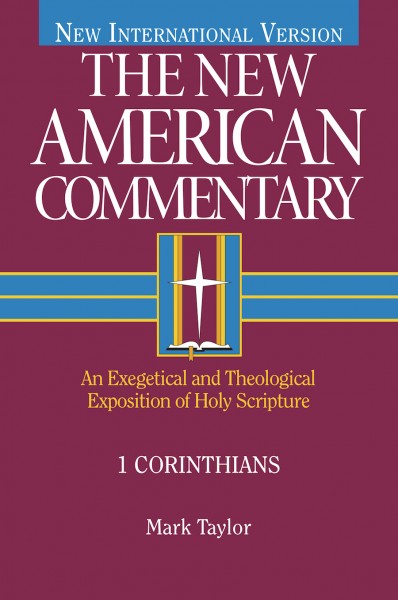



The Ancient Christian Commentary on Scripture does what very few of today's students of the Bible could do for themselves. With the aid of computer technology, the vast array of writings from the church fathers—including much that is available only in the ancient languages—have been combed for their comment on Scripture. From these results, scholars with a deep knowledge of the fathers and a heart for the church have hand-selected material for each volume, shaping, annotating and introducing it to today's readers. Each portion of commentary has been chosen for its salient insight, its rhetorical power and its faithful representation of the consensual exegesis of the early church.
The Ancient Christian Commentary on Scripture is an ecumenical project, promoting a vital link of communication between the varied Christian traditions of today and their common ancient ancestors in the faith. On this shared ground, we listen as leading pastoral theologians of seven centuries gather around the text of Scripture and offer their best theological, spiritual and pastoral insights.
Today the historical-critical method of interpretation has nearly exhausted its claim on the biblical text and on the church. In its wake there is a widespread yearning among Christian individuals and communities for the wholesome, the deep and the enduring. The Ancient Christian Commentary on Scripture does not seek to replace those excellent commentaries that have been produced in the twentieth century. Rather, it supplements them, framing them with interpretive voices that have long sustained the church and only recently have fallen silent. It invites us to listen with appreciative ears and sympathetic minds as our ancient ancestors in the faith describe and interpret the scriptural vistas as they see them.
The Ancient Christian Commentary on Scripture is a postcritical revival of the early commentary tradition known as the glossa ordinaria, a text artfully elaborated with ancient and authoritative reflections and insights. An uncommon companion for theological interpretation, spiritual reading, and wholesome teaching and preaching.
About the Exodus, Leviticus, Numbers, Deuteronomy volume:
From its inception the church has always had a Bible--the Jewish Scriptures. But Christians have not read these Scriptures in the same way the Jews did. They have read them in the light of what God did in Jesus the Christ. Thus the Jewish Scriptures became for Christian readers the Old Testament.
This Ancient Christian Commentary on Exodus through Deuteronomy bears ample witness to this new way of reading these ancient texts. Among the earliest interpreters whose works remain extant is Origen, who virtually single-handedly assured the Old Testament a permanent place within the Christian church through his extensive commentary and reflection. His twenty-seventh homily on Numbers is particularly noteworthy for his interpretation of the forty-two stopping places in the desert wanderings as the forty-two stages of growth in the spiritual life.
Among Greek-speaking interpreters, the current volume draws widely on John Chrysostom, Clement of Alexandria, Basil the Great, Gregory of Nazianzus, Gregory of Nyssa, Cyril of Alexandria, Theodoret of Cyr and John of Damascus. Among Latin-speaking interpreters, quotations from Augustine, Ambrose, Jerome, Peterius, Caesarius of Arles, Cassiodorus and Isidore are found in abundance. Ephrem and Aphrahat are represented among Syriac speakers. Numerous other interpreters are present from each grouping.Varied in texture and nuance, the interpreters included in this volume edited by Joseph T. Lienhard display a treasure house of ancient wisdom that speaks with eloquence and intellectual acumen to the church today.
